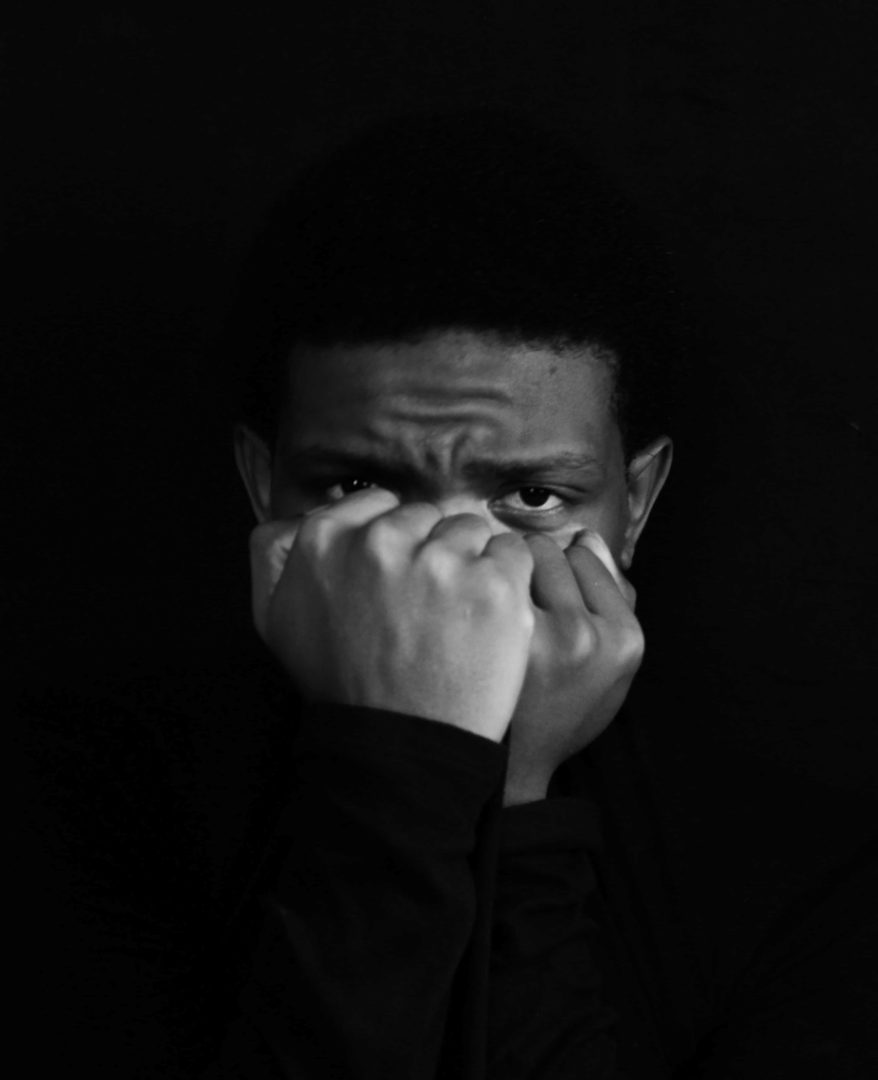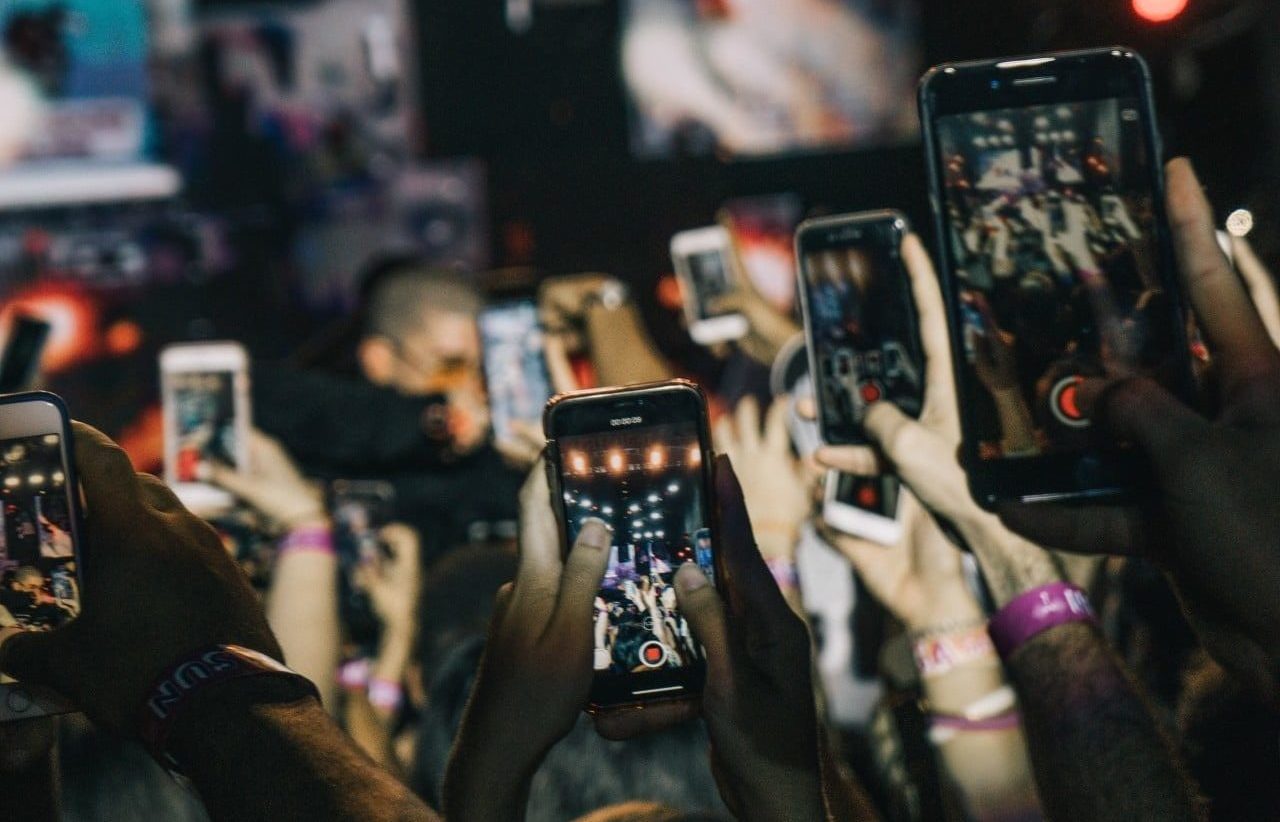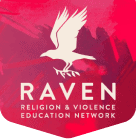“Know thyself.”
It’s ancient wisdom from the Greeks. In fact, a Greek traveler and geographer named Pausanias (how did that name go out of style?) wrote the phrase down. He claimed this aphorism was on the Temple of Apollo at Delphi. Apparently, there were two other phrases on the temple: “Nothing to excess” and “surety brings ruin.”
I wonder if the ancient Greeks were sure about that…
Know thyself is a great piece of ancient wisdom, but how does one know thyself? And can you ever be sure that you know yourself? If you are sure, does that bring ruin to your life? Am I asking an excessive amount of questions?
Okay. I’ll stop.
We generally think that to “know thyself” you have to look deep within your “self” and find the kernel of truth residing within you. Modern-day self-help books often take this route. I have nothing against that strategy. There is wisdom to be found, but there’s often something missing.
After all, we are inherently social creatures. Your “self” does not exist within a vacuum. In other words, your “self” is not isolated. Rather, your “self” is formed and molded by your culture, environment, and the individuals around you.
Taking it further, Aristotle claimed in his Poetics chapter 4 that, “The instinct of imitation is implanted in [us] from childhood, one difference between [us] and other animals being that [we are] the most imitative of living creatures, and through imitation [we learn] our earliest lessons…”
We learn from our models. Our models are those around us who influence us to become who we are. So, in order to “know thyself” you need to know thyself in relation to thy model.
But there is a big problem – our ego.

Our ego can easily get in the way of knowing ourselves. Our ego desperately wants to think that “I am who I am” and that to know thyself is to know the isolated self inside me. Our ego wants us to believe that I have achieved all of these things all by myself. I have worked really hard by pulling myself up by my own bootstraps and aren’t I great! And so why can’t others just pull themselves up by their own bootstraps?
… you will need to take a long look at your enemy’s face because in their face you will find your own.
This line of thinking by our ego negates the fact that we are radically social creatures. Our bootstraps are not our own.
We are dependent upon others for our bootstraps. As René Girard claims, we are not isolated individuals. We exist in a community of selves that are always influencing one another. Instead of thinking about ourselves as individuals, Girard claims it’s more accurate to think of ourselves as inter-dividuals.
In other words, we are dependent upon our others, especially our models. Girard emphasizes the non-conscious aspect of this form of imitation. Sure, we might intentionally seek out an expert in our field and incorporate some of their skills into our lives, but what makes Girard different is that he claimed that we imitate others unintentionally, or non-consciously, too.
The Olive
Branch
Take A Breath with Us
Our weekly newsletter creates a space to take a breath. Once we slow down, we can see the way desire, imitation, and conflict operate in our lives and in the world, and begin to create peace. In addition to the newsletter, you will receive the free "Unlearn the Bible" ebook when you subscribe.

Your model can be someone you love and admire, but here’s the counter-intuitive point that Girard makes, your model can also be someone you loathe and detest. Your model can be your biggest rival. Even your biggest enemy.
Here’s what I mean – I think my opponents are hostile, angry, and a bunch of liars. If they are allowed to continue, they will destroy everything that I find good and true about my culture. And so I have to defeat those jerks! And I need to defeat them through any means necessary, including hostility and maybe even lying. After all, it’s for a righteous cause.
Notice how I can easily become the very thing I hate. In the words of Walt Kelley’s political satire, “We have met the enemy and he is us.”
I have felt that temptation many times, and I have fallen into it in the past. I will probably fall into it in the future. And here is the kicker: I fall into it even when I am not aware I am falling into it. It’s like what the New Testament author stated, “For I do not do the good I want, but the evil I do not want is what I do.”
That’s because my enemy has become my model. My enemy rage tweets, so I rage tweet back, only adding to the rage in the world. It’s a nasty trap. When it gets to this point, in order to “know thyself” you will need to take a long look at your enemy’s face because in their face you will find your own.
But we don’t have to be stuck in that trap. We can choose a different model. Christians have a model in Jesus, who struggled for justice and taught us to love our enemies as we love ourselves.
Jesus says “follow me.” Jesus invites us to follow him because he knew that we will follow someone. If we don’t intentionally follow someone, we are likely to unintentionally follow those we call our enemies into a trap of mutual hostility.
We know our “selves” in relation to others. The key is to intentionally choose models who will lead us beyond rivalry and scapegoating and into love and inclusion.


